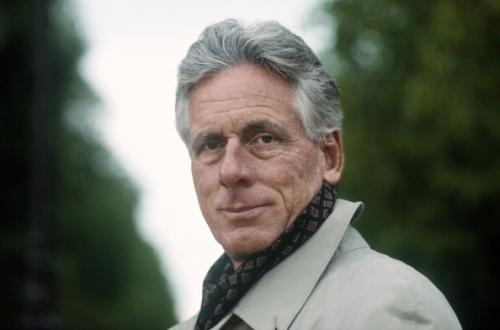McGuane, Thomas. Crow Fair: Stories, Alfred A. Knopf, New York, 2015 (267pp. $25.95)
Tom McGuane lives on a ranch outside McLeod, Montana where he raises horses and is an accomplished trainer and rider. He’s lived there for many years, having purchased the property after a stint writing movie scripts. His early novels “The Sporting Club”, “The Bushwacked Piano” and especially “Ninety-two in the Shade”, were famous moments in the revival of American fiction in its wilder, sometimes surreal aspects in the late 60s and early 70s when outlaws like Raymond Carver and Donald Barthelme burst onto the scene. In years since, his writing has matured, his vision cleared, and his books, still part-comic, part-manic, now contain a heft that some writers like Richard Ford think important. But McGuane, unlike Ford, retains his sense of humor and perspective, and is capable of giving the reader a ride on the multi-decked bus of character and confabulation.
The stories in “Crow Fair” appeared first mostly in The New Yorker, though some showed up in Granta and McSweeney’s. Much of the wildness is gone from McGuane’s Montana, and most of the characters he invents are part of the “new economy”. The first story, “Weight Watchers” is indicative. McGuane writes, “Dad returned from Helena and sat in my kitchen with his laptop to catch up on business while I met with Dee and Helen Folsom out on Skunk Creek, leaving the whir of the interstate…I was building the Folsom’s first house on a piece of ground that Dee’s rancher uncle had given him.” Here is a narrator who builds houses on a “nice piece of ground”, lives alone, and is entertaining his father who’s been kicked out of the family home by Mom until Dad’s weight falls below 250.
Fathers and sons figure in another story called “A Long View to the West” in which used car salesman Clay watches while the deteriorating health of his father leads to discomfort, distress, and finally death. The title refers to the siting of a funeral plot for the father. When Clay stops by the hospital, he asks his dad, “What are you doing?” His dad replies, “Dying. What’s it look like?” These characters seem to be McGuane’s new focus. They are town people going down the economic ladder into divorce, torpor, or silence, with estranged families and broken friendships littering their pasts. In “Canyon Ferry”, McGuane writes, “John’s wife hadn’t remarried, but she was in a stable relationship with a reliable man, while John, laid off from the newspaper a year by then, was living alone in a way to suggest he always would…” To a large extent, the stories McGuane tells are about male crisis, family failure and generational decline.
Most of these are workmanlike “New Yorker” pieces, written with McGuane’s increasingly bright polish. A few, like “Shaman” and “River Camp” are purely failures. One story, about Dave the cattle inseminator, chronicles implausible events surrounding a drugs and money laundering scheme. It ends, “Dave never felt a thing.” No story about crime or anything else should end, “Dave never felt a thing.”


